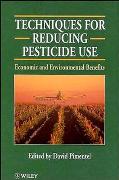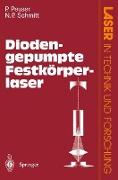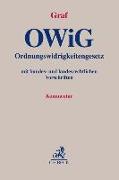Techniques for Reducing Pesticide Use
BücherAngebote / Angebote:
Techniques for Reducing Pesticide Use Economic and Environmental Benefits Edited by David Pimentel Cornell University, USA Pest insects, plant pathogens, and weeds destroy approximately 40% of all potential food production worldwide. This major food loss occurs despite the application of 2.5 million tons of pesticides at a cost of more than $25 billion each year. Pesticides provide many important benefits in pest control, returning about $4 for every $1 invested. However, this cost/benefit ratio does not include the annual environmental and public health costs of using pesticides which include 3 million human poisonings and 220, 000 deaths annually worldwide. With more than 2 billion people malnourished in the world, a major effort is required to reduce the continuing 40% loss of crops to pests. With a relatively small investment in research and extension, this crop destruction can be reduced. Technologies now exist to reduce pesticide use by at least 50%, without reducing crop yields or substantially altering the 'cosmetic standards' of fresh fruit and vegetables. Reducing pesticide use will lower the economic costs of pest control, protect public health, and improve the stability of the natural environment. The various pest management techniques available are discussed in all chapters of this book. It will help governmental leaders, scientists and the public to understand that many strategies, if implemented, will improve pest management, maintain crop yields, and reduce pesticide use.
Lieferbar in ca. 10-20 Arbeitstagen




